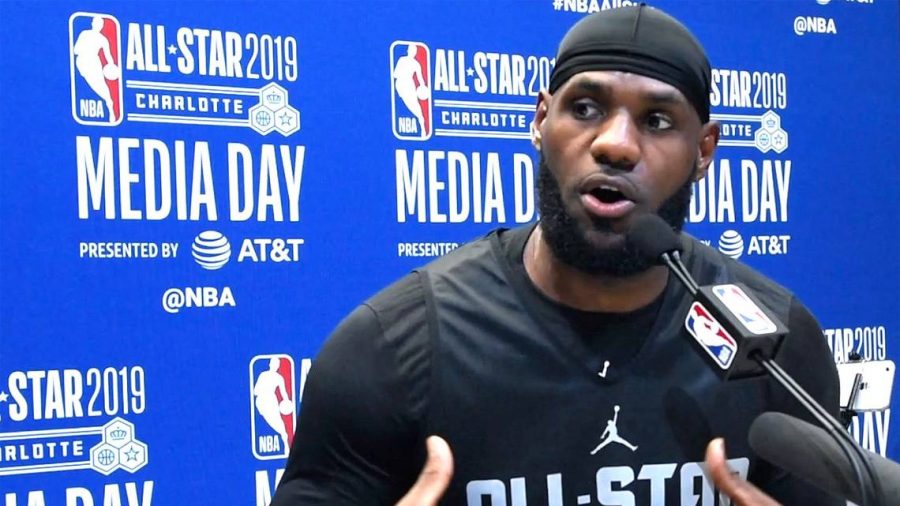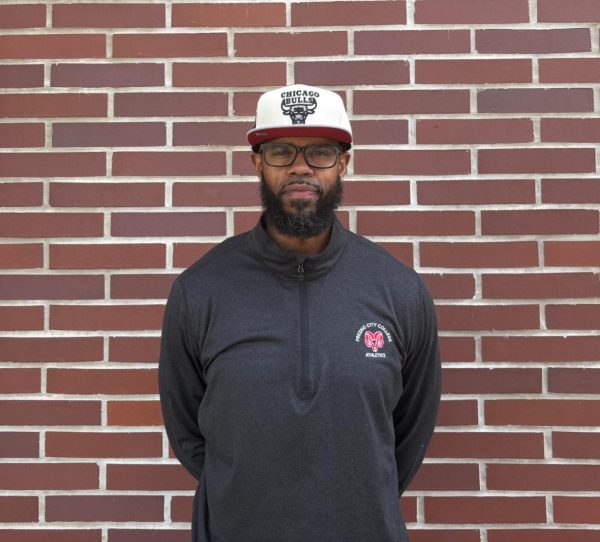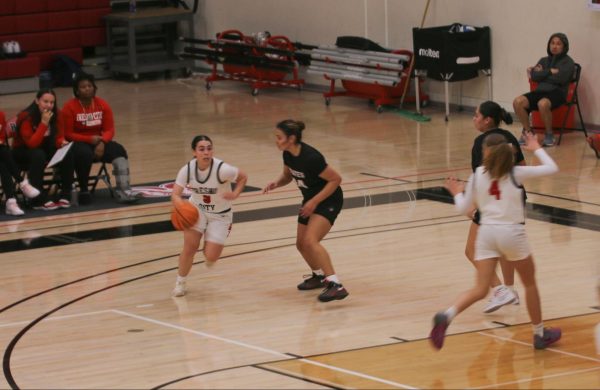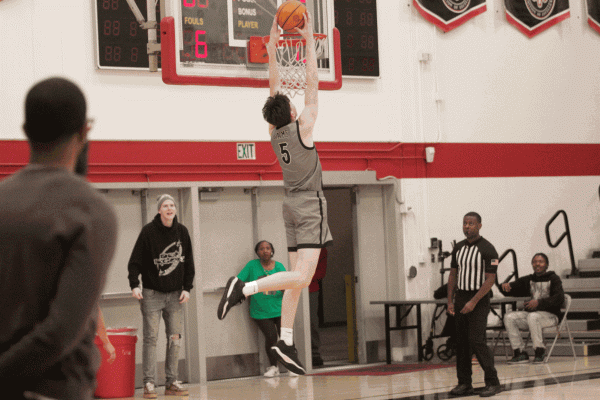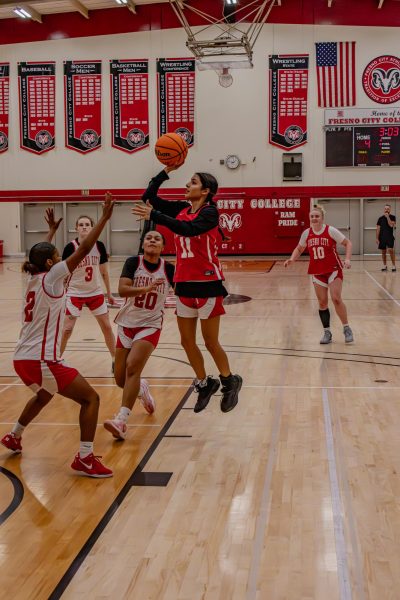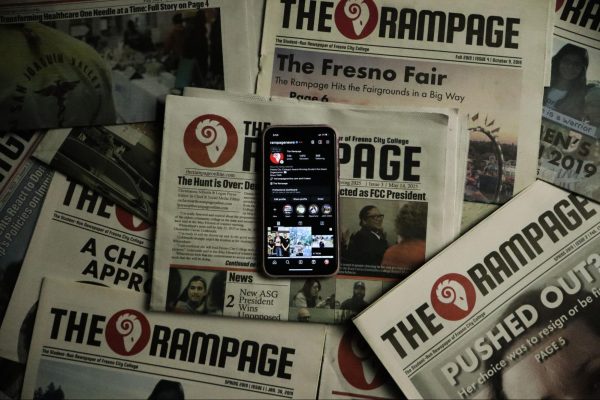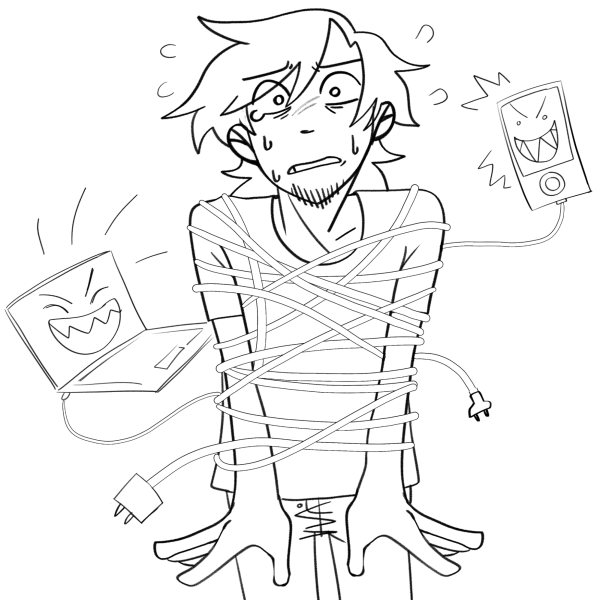Lebron James and The Decision
It’s easy to talk about why NBA superstar LeBron James is the most dominant athlete of the past decade. Since 2010, he’s collected three championship rings, three MVP awards, 10 All-Star selections and more impressive yet boring achievements.
But as this decade comes to a close, it’s important to dissect why James isn’t just the decade’s most dominant athlete, but more importantly, it’s most influential athlete.
Golden State Warriors’ All-Star Stephen Curry can be credited with rewriting the playbook for professional basketball in the 2010s, but James picked up the pencil and reillustrated the entire landscape that the NBA and its players would use to write their own stories on for years to come.
In the summer of 2010, sports fans everywhere were captivated by James’ free agency in a way that was never seen before. His process of scouting a new home was famously labeled “The Decision”, and even garnered an hour-long televised event that would allow the world to collectively hear where he would take his talents.
Ultimately, James chose to team up with Dwyane Wade and Chris Bosh on the Miami Heat, where he would pick up the majority of his accolades and flourish into the conversation as the greatest player of all time.
“The Decision” shifted the balance of the NBA as everyone was left to watch the Heat carve up opponents with a loose and fun, but domineering style of play that produced some of the best in-game dunks ever.
But James’ “Decision” carried more weight than that.
“James did not glom onto the old guard in 2010; he forged his own path, with his own contemporaries,” said the Ringer’s Justin Verrier. “More than anything, his “Decision” represented a deviation from bygone ideas about success and competitiveness.”
James was escorting out the previous era’s efforts to find success within the confines of the league set before them, and ushering in a new era that put the player in control.
While James was redefining the athlete’s clout, both the media and the public were enthralled by the narrative laid before them. Fans were either advocating for a LeBron-sized acquisition to their team, or chastising him for leaving the Cleveland Cavaliers.
Meanwhile, the media was either just as wrapped up in it, or damning James for unconventionally publicizing his “Decision”. The Boston Globe infamously publicized a spicy critique of James’ perceived abuse of the spotlight.
“Whatever happens, James’s decision to hijack prime time to make his announcement is an act of rather astounding egomania, and it highlights everything that has been wrong with the circus-like atmosphere of his brief free agency,” read The Globe’s editorial piece.
Regardless of whether it was right or wrong, the fact is that everyone was captivated by one athlete’s decision to switch teams. Tweets made up of false rumors and public figures insisting they had inside scoops held everyone’s attention.
By 2014, James’ time in Miami was coming to an end, and when it was visible, he made sure the table was set for him to feast again while on a different team. He returned to the Cavaliers after making sure they had a good enough supporting cast with more than one All-Star.
Again James was adding fuel to the fire he had started in 2010, even though the rest of the league hadn’t quite warmed up yet.
“By insisting on making a public decision every four years—and giving himself cover by winning titles, including one after his return to Cleveland—James changed the center of gravity,” wrote the Ringer’s Bryan Curtis.
“Like Jordan urging the world to buy shoes and drink Gatorade, James was telling us it was OK to revel in the idea that you were the biggest free agent on the planet,” he said.
And so the King’s orders were heard, and the player empowerment era began.
Superstars like Kevin Durant didn’t shy away from doing their own ring chasing. Future franchise cornerstones like Kawhi Leonard and Anthony Davis vocalized their dismay with their organizations and requested trades elsewhere.
What sets these instances apart from generations prior was that the organizations knew they had to honor the requests because there was no stopping the players.
Athletes fully realized their power and would no longer stand to be dangled in front of cameras as objects of viewer entertainment. More and more players interact on social media and publish in the Players’ Tribune, adding to the humanization of the professional athlete.
LeBron James changed the NBA and the sports world like no other this past decade, but his influence is felt in other aspects too.
He has been criticized for vocalizing his political opinion, fighting through Fox News’ journalist Laura Ingraham’s comments to “shut up and dribble” as he calls out the president.
James supports the Children’s Defense Fund and the Boys & Girls Clubs of America, and he’s collaborated with the University of Akron to provide scholarships to thousands of students starting in 2021. In 2018, he opened the I Promise School to help guide at-risk youth in Akron to a deserved education.
Being the loudest voice for American athletes has paved the way for activists like Colin Kaepernick to stand up for their beliefs, changing their position from figures of entertainment to true, human athletes.
This article is part of a series. Here is the -link- to its sister article about Colin Kaepernick

Patrick Henslee is in his third semester at the Rampage, and steps into the role of Managing Editor for the Spring 2020 semester. The 20-year-old is an...

